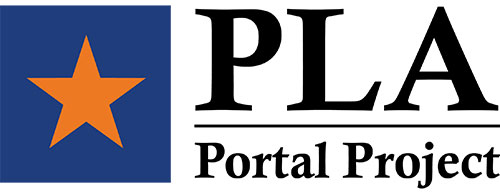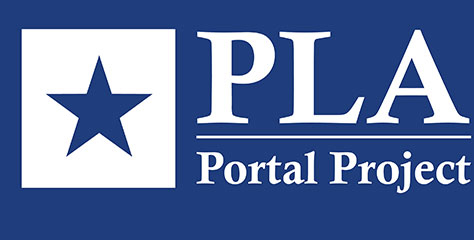Guidelines for PLA from Nationally Recognized Educational Organizations
American Council on Education (ACE)
Council of Adult and Experiential Learning (CAEL)
Guidelines from Texas Institutions with Best Practices Models for PLA
Houston Community College PLA Manual
.jpg)
What is Prior Learning Assessment (PLA)?
According to Metropolitan State University of Denver’s Center for Individualized Learning (2016), prior learning is a term used by educators to describe learning that a person acquires outside of a traditional academic environment. This learning may have been acquired through work experience, employer training programs, military training, independent study, non-credit courses, and/or volunteer/community service.
Prior learning assessment (PLA) is the process by which an individual’s experiential learning is assessed and evaluated for purposes of granting college credit.
Valdosta State University defines Prior Learning Assessment as:
“A process through which students identify areas of relevant learning from their past experiences, demonstrate that learning through appropriate documentation, and submit their materials so that they can be assessed and possibly awarded academic credit relative to specific course objectives.”How is prior learning assessed?
There are four generally accepted approaches to PLA:
(1) National standardized exams (AP, CLEP, and DANTES/DSST),
https://clep.collegeboard.org/
https://apstudent.collegeboard.org/home?navid=clep-aps
http://media.collegeboard.com/digitalServices/pdf/clep/clep-dantes-eligibility-chart.pdf
(2) Departmental credit by examination,
(3) Evaluated non-college programs, (NCCRS or ACE evaluations of corporate and military training),
http://www.acenet.edu/news-room/Pages/Adult-Learners-Guide-to-PLA.aspx
http://www.acenet.edu/news-room/Pages/Military-Guide-Online.aspx
and
(4) Portfolio assessment.
What are national criteria in assessing prior learning for credit?
- Credit or its equivalent will be awarded only for learning, and not for experience.
- Assessment should be based on standards and criteria for the level of acceptable learning.
- Assessment should be treated as an integral part of learning, not separate from it, and should be based on an understanding of learning processes.
- The determination of credit awards and competence levels must be made by appropriate subject matter and academic or credentialing experts.
- Credit or other credentialing will be appropriate to the academic context in which it is awarded and accepted. The program of study and the student’s major, i.e., core, upper-division, or graduate, of the student determines the “academic context.”
Adapted From:
Morry Fiddler, Catherine Marieneau & Urban Whitaker. Assessing Learning: Standards, Principles, & Procedures. Chicago: CAEL (Council for Adult and Experiential Learning), 2006.
What are the benefits of Prior Learning Assessment?
The American Council on Education (ACE) suggests that earning college credit through PLA can assist students by:
- Saving time and shortening time to degree.
- Saving money as a result of less time to degree, meaning lower tuition costs.
- Accelerating academic progress enabling students to take higher level courses sooner.
Where can I find guidelines for Prior Learning Assessment?
ACE also provides a National Guide for College Credit for Workforce Training. Established in 1974 to connect workplace learning with colleges and universities by helping students gain access to academic credit for formal training taken outside traditional degree programs, with over forty-years of experience and over 35,000 programs reviewed, with its College Credit Recommendation Service, ACE is the national leader in the evaluation process for education and training obtained outside the classroom including courses, exams, apprenticeships, and other types of nontraditional forms of training.
http://www.acenet.edu/news-room/Pages/College-Credit-Recommendation-Service-CREDIT.aspx
Other educational institutions and educational organizations with successful best practices and guidebooks can be found to the left and on the Resources page.

